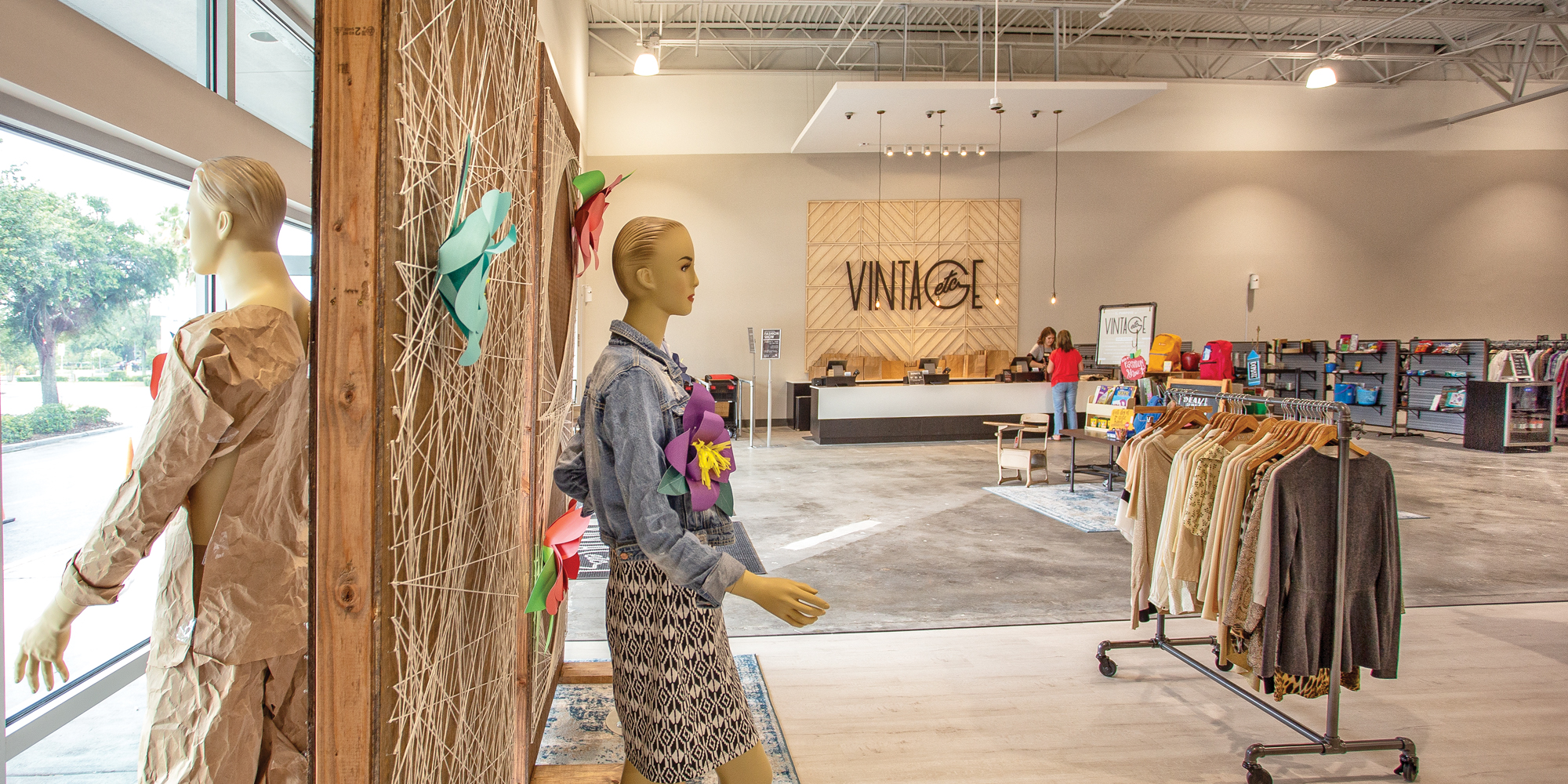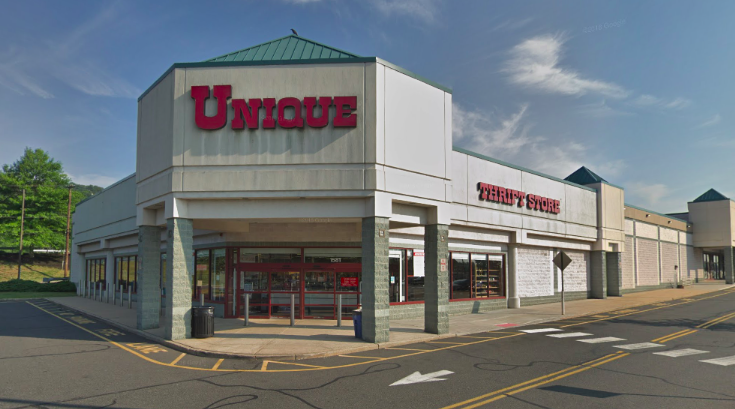

Savers operates some 300 stores in more than two dozen states, under the names Savers, Value Village, Unique and Valu Thrift, and is owned by the private equity firm Leonard Green & Partners and Tom Ellison, the son of the Savers founder William O. The shop was created as a unique boutique thrift shop to provide a pleasant shopping experience for our customers. “We’ve certainly seen evidence in our investigation that they seem to have a national business model.” “I haven’t seen anything to indicate that somehow Minnesota’s unique,” Ms. Swanson’s office has already referred the issue to other attorneys general. Almost every big street and every small local market has a thrift store. At the end of the day, it’s a good way to save some extra money. While some people don’t think it’s a good option to buy from such a store, some truly believe in such stores. If they do not, the attorney general could bring civil suits against those involved. Thrift stores sell secondhand products, fairly used, branded products usually. Tidwell notes that Boomerangs stores around Boston do accept damaged clothing because the store can. The state has given Savers and the charities 45 days to come up with a solution. Thrift stores may accept damaged items, but it depends on the store and the item in question. “Fixing the problem is going to take a lot of heft and effort.”

“Presumably you’ve got a lot of people taking tax write-offs for those donations,” she said. If you have an eye for design, you could open up a thrift store where customers can browse through your collection of vintage clothing, furniture, accessories, books, and other collectibles. Swanson said her office has already referred the investigation to the Internal Revenue Service. Thrift stores are a great place to find unique items at a fraction of their original price. Many customers may have already written such donations off on their taxes, and Ms. This website uses cookies to store information on your computer. The report on Monday examined contracts and donations for 2013. From commonly shopped goods such as clothing, household goods, and electronics to specialized fare like wedding dresses, sports memorabilia, and arts and crafts from around the world - we have something for everyone. The company also violated state laws by commingling funds intended for specific charities with those of others, according to the attorney general’s report.

While customers would be handed tax deduction receipts for donating household goods, for example, Savers did not donate any of the money it made from the sale of such items. “They have a responsibility to police the relationship.”īut the company misled consumers about just how much would be donated to charity, according to Ms. “My impression is, they sort of sign the contracts with this organization and then really largely turn a blind eye to the manner in which the contracts are being administered,” Lori Swanson, the Minnesota attorney general, said in an interview. The attorney general’s office is also holding the charities accountable for what it says is a failure to properly oversee how the stores raised money on behalf of the groups. Offering a wide variety of mens and womens clothing at affordable prices. Savers would keep nearly all the money it raised from the sale of such items, the attorney general said in a report released on Monday. The legal office said that Savers, a privately held company based in the Seattle area, routinely misrepresented how much money it raised for nonprofit groups through clothing drives and other donations from customers. Minnesota’s attorney general has accused Savers Thrift Stores of pocketing more than $1 million that should have gone to charities including the Lupus Foundation of Minnesota and Vietnam Veterans of America.


 0 kommentar(er)
0 kommentar(er)
